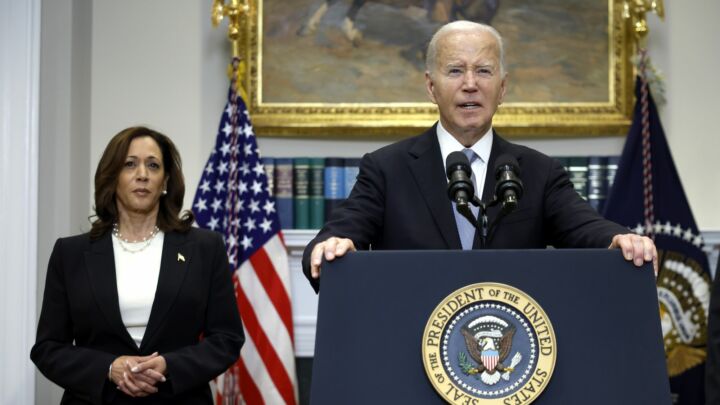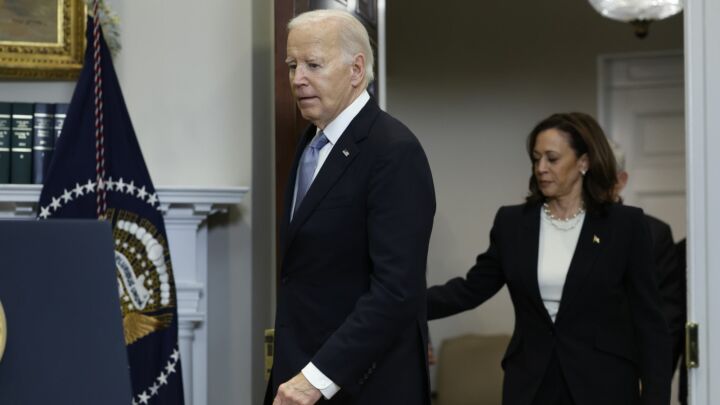We can’t let unelected judges dictate our border policy
The Supreme Court's Rwanda decision is an affront to democracy.

Today, the Supreme Court ruled, unanimously, that the UK government’s Rwanda policy is unlawful. It has upheld the Court of Appeal’s judgement that asylum seekers sent to Rwanda for processing and resettlement would be at real risk of being deported to their country of origin, without their asylum claims being properly considered. Despite the many faults of the Rwanda plan, this is deeply troubling judgement.
The case turned on evidence provided by the United Nations High Commissioner for Refugees (UNHCR), which was presented to the Court of Appeal back in June. According to the UNHCR, Rwanda does not have an independent judiciary and it has previously breached its obligations under international law when dealing with asylum claims. The UK government, making its case, pointed to a memorandum of understanding it has signed with the Rwandan government, in which Rwanda promises to comply with international law. However, the UNHCR countered this by pointing to a similar agreement between Rwanda and Israel, which had not been complied with by the Rwandan government. The Court of Appeal found this evidence compelling.
The case was then referred to the Supreme Court by the home secretary. Supreme Court judges were asked to consider whether the Court of Appeal was legally entitled to reach its view. Today, they went further than just recognising the legitimacy of the Court of Appeal’s judgement – they actually agreed with its conclusions.
Some expected the Supreme Court to rule the Rwanda plan to be unlawful at present, but potentially salvageable. It might, for instance, have demanded safeguards to protect the rights of migrants sent to Rwanda. But the court has instead quashed almost any prospect of using Rwanda for resettling migrants. According to the Supreme Court, this would conflict with international treaties, such as the European Convention on Human Rights, as well as UK domestic law, including the Human Rights Act.
Today’s judgement shows how the UK’s asylum system has become an undemocratic mess. Policy is being decided not by elected politicians, but by unelected judges. What’s more, the evidence the judges relied on comes from the UNHCR, a body which is not only totally unaccountable to the public, but also has a clear bias, having publicly declared its opposition to the Rwanda policy. No doubt the UNHCR’s evidence must be considered seriously. But it needs to be weighed up against other considerations. How we manage migration needs to be debated by the public and our elected representatives. Instead, government policies are being struck down by unaccountable institutions.
The UK needs a complete rethink of our asylum system. The domestic and international laws that decided this case were created in the aftermath of the Second World War. There now needs to be a serious democratic debate about how to update these laws to fit modern times, and whether we want to retain the various treaties that have frustrated the government’s policy.
Most pressingly, the appalling trade in human misery that is continuing across the English Channel must be stopped. No civilised country in the world should have to put up with this scale of people-trafficking and organised criminality on its border. If our laws are facilitating this, then they clearly need to change. The people must have their say.
Luke Gittos is a spiked columnist and author. His most recent book is Human Rights – Illusory Freedom: Why We Should Repeal the Human Rights Act, which is published by Zero Books. Order it here.
Picture by: Getty.
To enquire about republishing spiked’s content, a right to reply or to request a correction, please contact the managing editor, Viv Regan.










Comments
Want to join the conversation?
Only spiked supporters and patrons, who donate regularly to us, can comment on our articles.